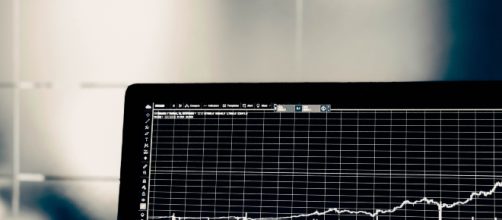Three Ph.D. students from the University of Montreal have come up with an ingenious idea - take a brief voice sample from absolutely anybody pass it through their Voice Synthesis AI and make the voice say anything you wish! Alexandre de Brebisson, Jose Sotelo and Kundan Kumar turned their idea into “Lyrebird,” a startup that has recently begun to operate. And while the founders stress all the advantages of their invention, there are some serious ethical issues that arise from the possibilities this Artificial Intelligence offers.
Uses for health, fun, and profit
The development of speech synthesis has been around for a while with Adobe being the leader in the field with its Project VoCo, with Google, Chinese Baidu and French company CandyVoice close behind. But while Project VoCo, “voice photoshop” as Adobe calls it needs at least a 20-minute vocal sample to come up with results, Lyrebird says they need only a one minute sample to come up with their voice copy.
According to Lyrebird’s founders, the use of their algorithms can help people who lost their voice be able to speak again, but they can also be used for “reading of audiobooks with famous voices, for connected devices of any kind, for speech synthesis for people with disabilities, for animation movies or for video game studios.” The Verge reported that the additional element is the capability of the program to enrich the recorded speech with different emotions - from anger to happiness and all those in between.
Lyrebird seems to be on a verge of success since over more than 6,000 people have signed for access to the system that will be initially free. The developers add that although the financial plans are still being made, the idea is that companies or developers will pay for a certain number of samples requested.
With numerous uses, come numerous misuses
As the Lyrebird announced its plans and its official online site was launched, the controversies cropped up. As examples, the company decided to place vocal samples of Donald Trump, Barrack Obama and Hilary Clinton. This immediately brought to mind the whole story of fake news and involvement of politicians, with companies like Facebook currently trying to get out of hot water concerning the matter.
As national Public radio pointed out, "technology that creates fake audio is advancing to the point that it could undermine true recordings."
The company founders themselves are aware of possible misuses and are comparing their current position in that respect to the one “Photoshop” was when it first became available. Alexandre de Brebisson, one of the founders said that now that Photoshop is widely available, people are now aware that photographs can be faked, stating that same will be true when their algorithms come into wider use. That is why, when the technology goes public it will be “available to anyone”.
The problem though might lie in another fact - how long will it take people to be aware that such technology exists and that voices can be faked. What will happen in that ‘interim’ period and how long will it last?


